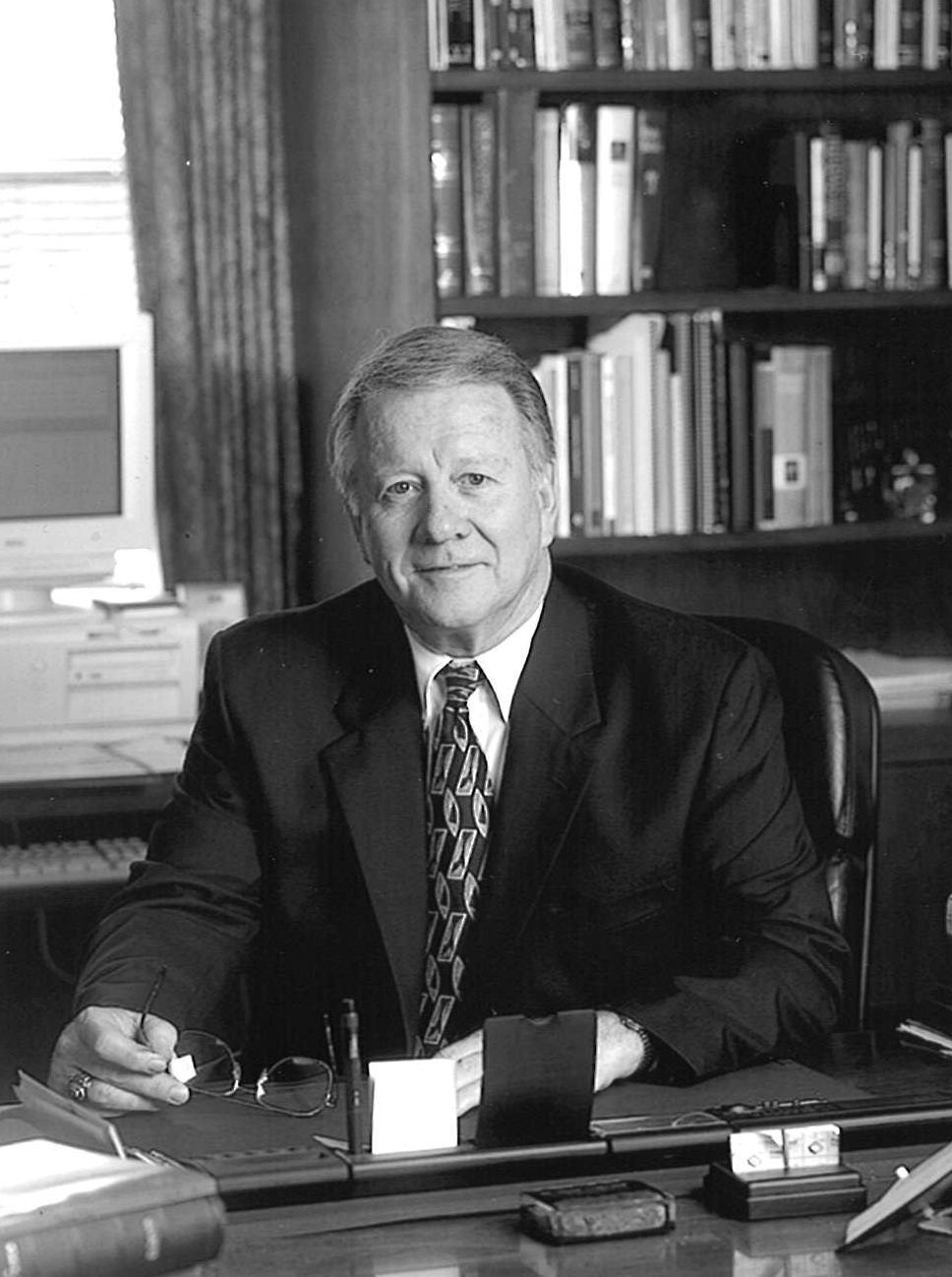The Person of Christ
Theology 101 continues to look at selected aspects of Christ’s personality as the incarnate Son of God. In doing so, we find ourselves looking at a model for us who would bear His likeness and be His followers.
When we consider Christ’s personal characteristics, we stand in awe of His appeal to a variety of human personality types. Something about Him appealed to an impulsive personality like Simon Peter, as well as a visionary like John, the beloved disciple. Jesus drew to Himself a practical doubter such as Thomas, as well as a volatile pair like James and John, the sons of Thunder.
A part of the magnetism of Christ was His openness and approachability. Apparently people felt themselves welcomed into His presence. He seemed to radiate magnetism and winsomeness.
In a day when children were not accorded much status and on an occasion when the disciples sought to keep them from bothering their Master, Jesus welcomed the children, saying, “Let the little children come to Me and do not forbid them for the kingdom of heaven belongs to such as these” (Matt. 19:14).
Welcoming to others
On another occasion, Jesus displayed His openness. The disciples had taken exception to a man who was performing good deeds but was not one of the avowed followers of Christ. Apparently, somewhat proud of their intervention, they told Jesus they had taken exception to that person’s activities because he was not one of their number. For their efforts, Jesus corrected them, saying, “Do not forbid him, for no one who works a miracle in My name can soon afterward speak evil of Me. For he who is not against us is on our side” (Mark 9:39–40).
Jesus seemed welcoming to people whom others would ignore. He loved those often left unloved by welcoming them into His presence and taking Himself into their presence, even sharing mealtimes with them. For such actions, Christ’s religious critics pointed at Him, saying, “Look, a glutton and a winebibber, a friend of tax collectors and sinners” (Matt. 11:19).
Christ’s openness to sinners, to be sure, was motivated by His desire to save them from their sins. His motto was, “Those who are well have no need of a physician, but those who are sick” (Matt. 9:12). Jesus did not keep company with sinners because He was Himself a sinner or enjoyed being in the presence of sin. He moved among an assortment of sinners because He had come to be their Savior.
Ultimate Healer
If we visit our medical doctor at his or her office, we discover a waiting room populated by sick people. The doctor seems to be spending his day in the company of sick people, one after another. Doctors keep company with sick people, not because they are themselves sick, but because they are trained as healers. Jesus visited with sinners, not because He was like them Himself, but because He came as the Healer of human maladies.
To this end, Christ was open and approachable by people who were burdened with problems and hurts. His heart was open to many whom others scorned or avoided — tax collectors, religious hypocrites, beggars, people with diseases, the physically afflicted, Samaritans and Gentiles. While many religiously devout persons drew their robes tightly about them so as not to come into contact those deemed ceremonially unclean, Jesus welcomed those that others sought to avoid.
As Christ’s representatives in the world, how open are we to people who need His touch and our love?



Share with others: